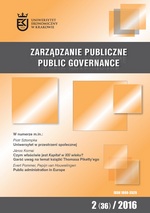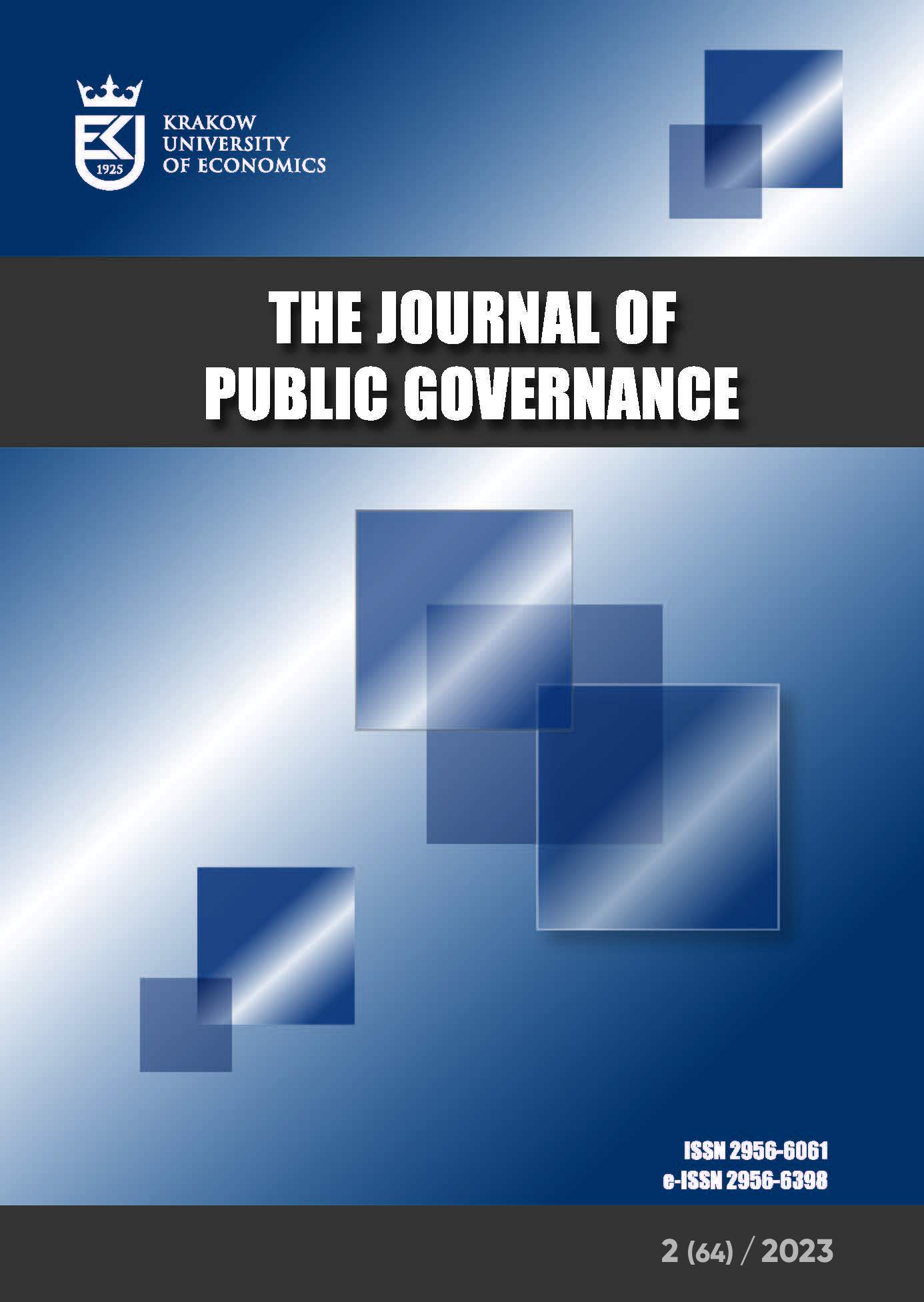An analysis of the role of municipal press during election campaigns and between them
DOI:
https://doi.org/10.15678/ZP.2016.36.2.05Keywords:
local-government newspaper, municipal newspaper, local media, local election campaign, local public debateAbstract
Municipal newspapers are published directly by city halls or by municipal companies established especially for this purpose. The paper is devoted to an analysis of the role played by such newspapers in a city with poviat rights during a mayor’s term in office and during an election campaign. The text presents the results of comparative research of the content of municipal newspapers issued in the years 2013 and 2014 (during the last election campaign). Standardized interviews have also been made with editors of selected media for the purposes of the research. The main research findings include the role that local-government papers play during a mayor’s term in office and the ways they change their role in the election campaigns of current mayors of cities with poviat rights, and the way the space for public debate is shaped on the local level. An important conclusion from the research is that information published in local-government media is not always reliable and objective, and that elements of propaganda and native advertising are used in them. The analysis provides input into the discussion on the need for media published by the local government that has been carried out for many years.
Downloads
Downloads
Published
How to Cite
Issue
Section
License
Open Access, licence: CC-BY 4.0




